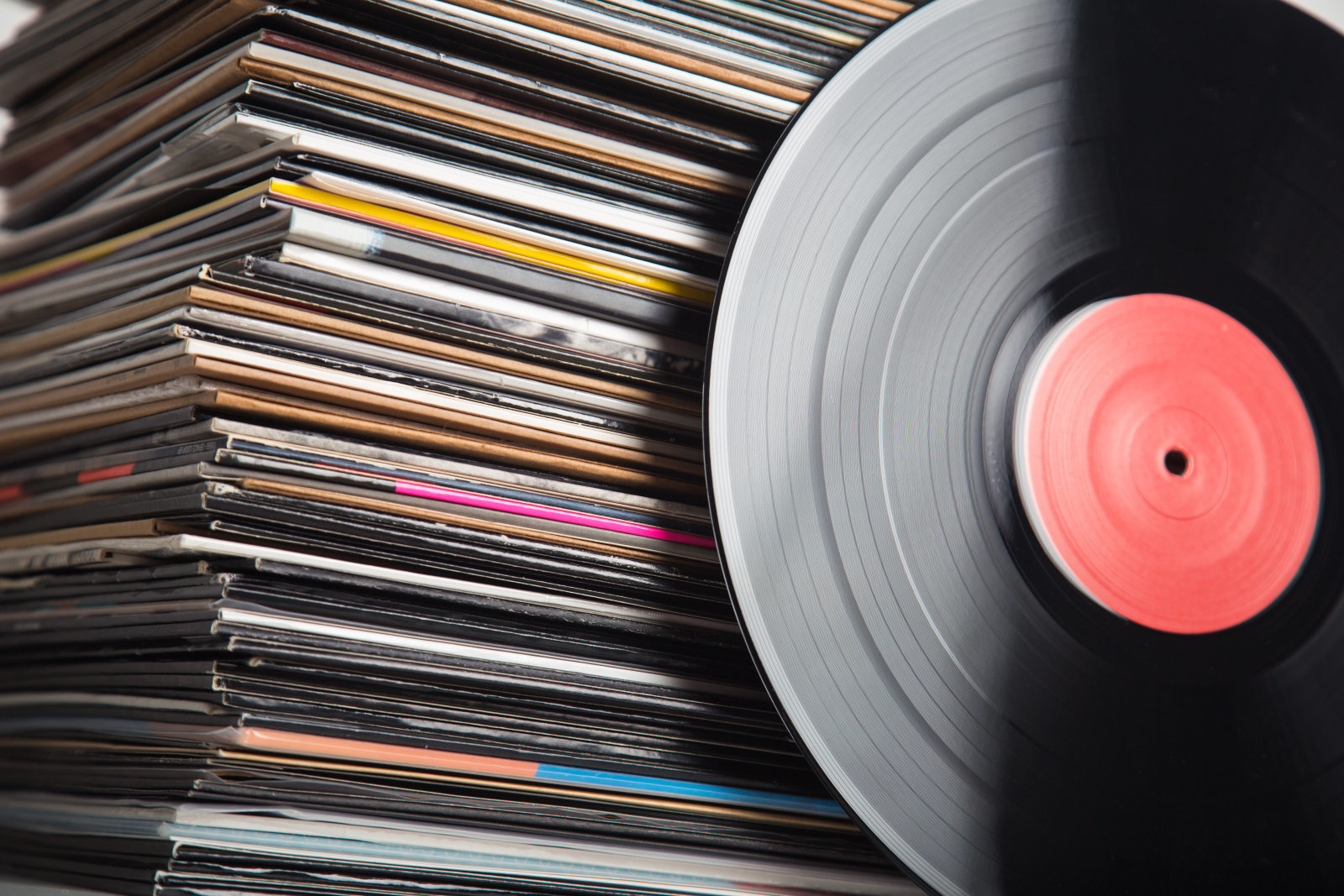
Music Production After the 70s: The Click and New Technologies
There are some people that say that music has already completed a full circle,and that new music is just about mixing things that were already made before. Others say that music keeps evolving, and it always bring something different.
In the late 70s there was a shift in how music was made and enjoyed, in some ways the rhythm became more important than the melodies and technology made it possible to play with samples and electronic sounds that were very different from the very organic and complex melodies of the 70s.
The amount of variety and possibilities in music in the 1970s was very impressive, but not only because of how many genres were thriving but how artists went beyond any expectation.
David Bowie, Pink Floyd, Led Zepellin, The Bee Gees, Barry White, Stevie Wonder, Kraftwerk, Elton John, and the list goes on. The thing about all these names is that every single one is legendary in music history, not to mention hip hop was also born in the 70s.
There is no denying that a lot of the music that came after the 70s owe a great deal to all of the artists that flourished in that decade, but is it enough to say that the 70s was the pinnacle of many genres in music?
There was something that happened in the 80’s which led some people to believe that music became less human, due to all the technological advances and tools in music. Many bands were used to record live and depended on the rhythm of the drummer for example , which gave everything a more organic feel to it.
In many ways a lot of the music used samples and the whole idea of samples is re-using sounds or melodies that were already made by someone else.
As we go further into the 80s, 90s and 2000s we do see that music took a turn for the worse and for the better at the same time. So many possibilites out there but at the same time too many people dismissed the potential, and just used the tools given to them to make perfect pop music that didn’t translate that well live, but that didn’t matter.
The Click

The click is a digital metronome that is very commonly used nowadays in music, and while it can be good, it represents something bigger in music.
Drummer Greg Ellis wants listeners to begin thinking about sound like food—as something they physically ingest that has a quantifiable impact on their wellbeing. These days, he believes most people are consuming the musical equivalent of McDonalds: processed, mass produced, and limited in flavor.
qz.com
While it may seem as a production thing that has nothing to do with the composition itself, it makes sense that it does affect it. If we take Ellis’ word about food and music, try to compare a McDonalds burger with a home made burger. Even if they have exactly the same ingredients, the process is different, the result is different and it tastes different.
While the click was originally intended as a tool for precision and cohesion, Ellis says its perfect uniformity ushered in an expectation that the rest of musical parts should follow. Suddenly singers, instrumentalists, and drummers were expected to sound like machines. When vocalists were slightly off key, they could be auto-tuned. If a bass player wasn’t perfectly in-time with the drummer, their parts could be processed in a recording program that syncs them up. Of course, that’s if a live musician is used at all—many producers in pop, hip hop, and R&B now use samples or synthetic sounds generated by computers instead of using their human progenitors.
qz.com
Josh Homme from Queens of the Stone Age talked in an interview about how it is important of letting go from these things such as the click.

Everything is just played so if you add stuff you have to follow the groove of that, and what I like is you know, sometimes click can be good for music (metronomo) but other times it’s not because it harnesses the emotion instead of letting it go. Someone would say “oh the chorus is faster” I’d say yeah! it’s fucking that’s what’s called energy and humanity and imperfection, it’s not supposed to be perfect that’s ridiculous, why is it supposed to be perfect?
Josh Homme
The Post Modern Way
The idea should be to go against these types of restraints and understand that there is a little bit of truth in the fact that there is so much music history that is very hard to make something new from scratch, that is why new sounds come from unlikely combinations and inspirations. The way it is, is that there are so many genres, structures, and sounds that can be combined with all of these new technologies, and the combinations are almost endless.
The thing is that these same tools that allows musicians to rediscover inspirations, are the same that can keep musicians from making the most of their potential.
Make technology human, not humanity artificial.
